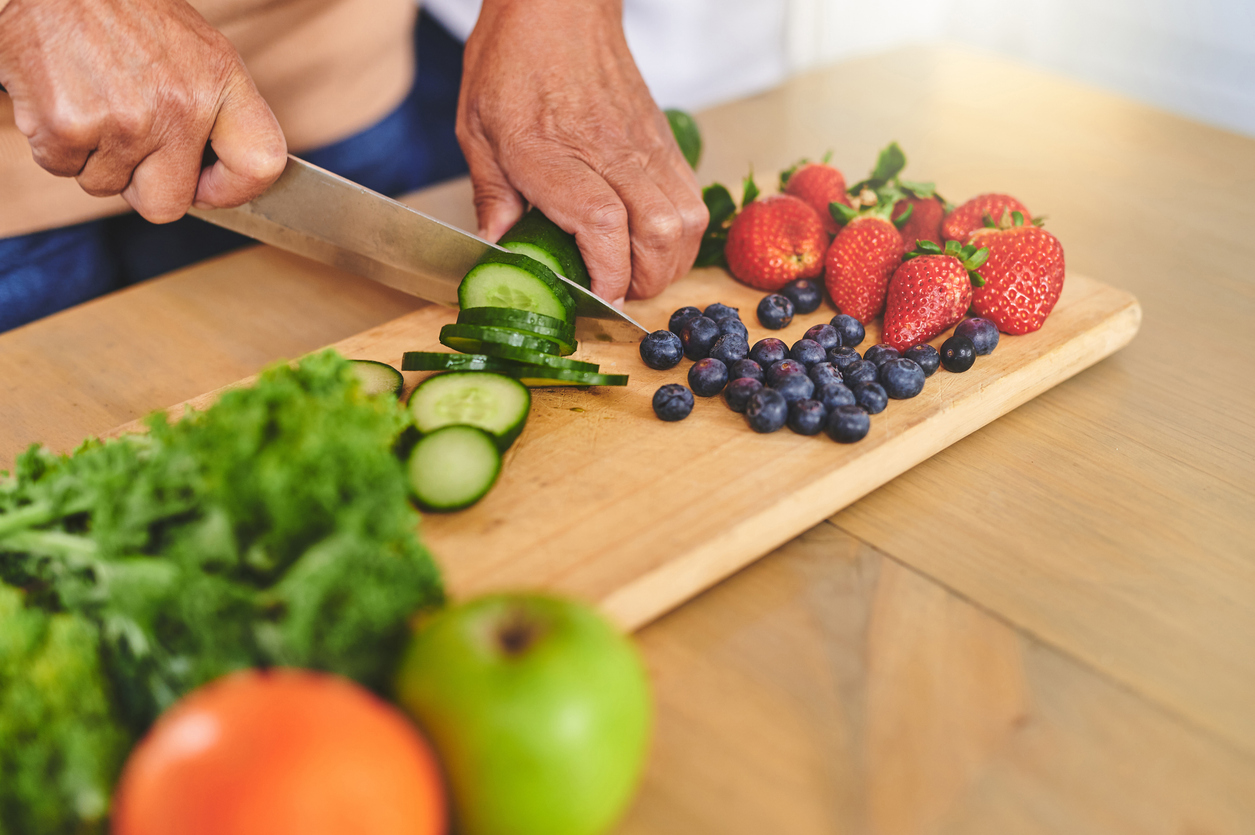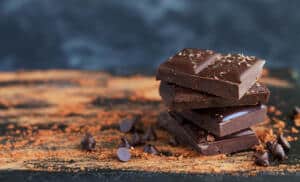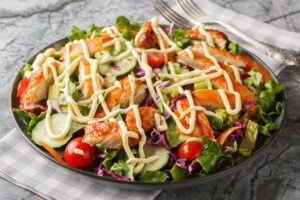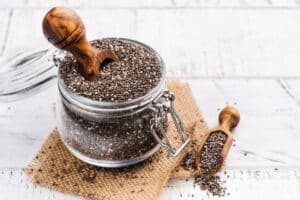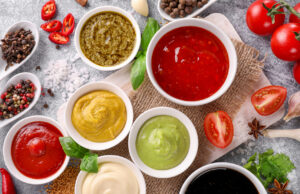For many people, maintaining or achieving a healthy weight can be challenging, especially with the abundance of high-calorie, processed foods. However, there are foods that are not only nutritious but can be consumed without the concern of weight gain when eaten in appropriate portions. These foods are typically low in calories, high in water content, fiber, or protein, and provide satiety without significantly contributing to your daily calorie intake.
In this article, we will explore a variety of foods you can enjoy that won’t easily lead to weight gain, making them perfect for those looking to maintain a healthy diet while feeling satisfied.
16 Foods You Can Eat Without Gaining Weight
1. Leafy Greens
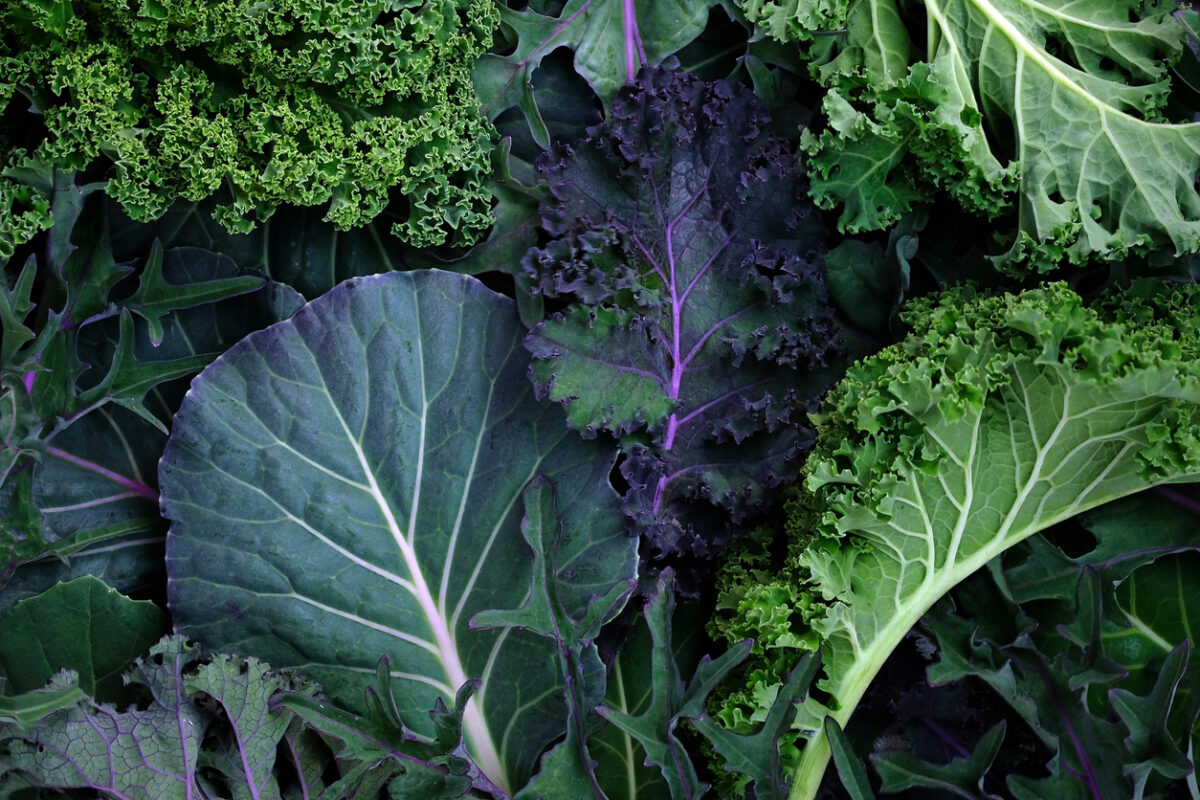
Leafy greens like spinach, kale, arugula, romaine lettuce, and Swiss chard are some of the most nutrient-dense foods you can eat. They are packed with vitamins (A, C, and K), minerals (like magnesium and calcium), and antioxidants. Additionally, they are very low in calories, with a cup of spinach containing only about 7 calories.
What makes leafy greens particularly great for weight management is their high water and fiber content, which makes you feel full without adding many calories. The fiber also helps slow down digestion, keeping hunger at bay.
2. Cruciferous Vegetables
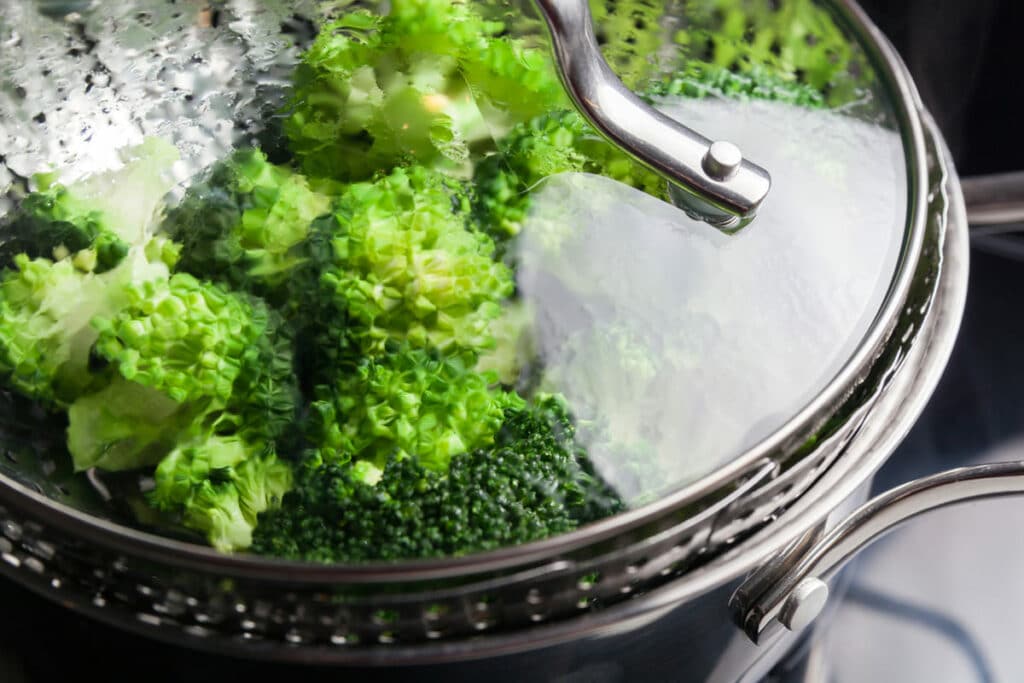
Cruciferous vegetables, such as broccoli, cauliflower, Brussels sprouts, and cabbage, are excellent options for those looking to manage their weight. They are low in calories and rich in fiber, which supports digestion and promotes satiety.
These vegetables are also loaded with vitamins C, K, and folate, along with potent antioxidants that help reduce inflammation in the body. Moreover, studies suggest that cruciferous vegetables may aid in cancer prevention due to their high content of glucosinolates, compounds that help detoxify the body.
A cup of cooked broccoli contains only about 55 calories, making it an easy addition to your meals without worrying about excess calories.
3. Cucumbers
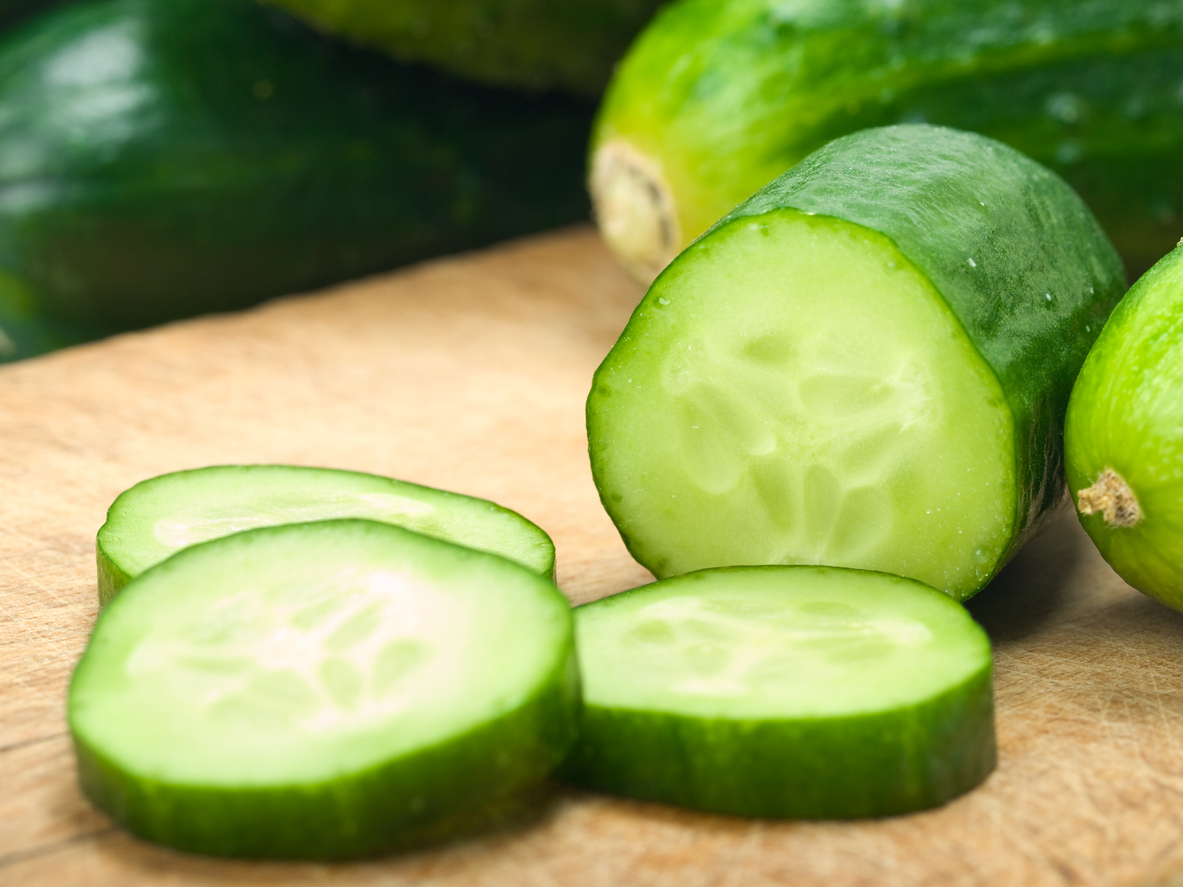
Cucumbers are composed of about 95% water, making them extremely low in calories while being hydrating. A medium cucumber contains just around 16 calories. This makes them an ideal snack or salad addition when you want to stay full without increasing your calorie count.
Cucumbers also contain small amounts of fiber and antioxidants like beta-carotene and flavonoids, which support overall health. Their high water content also makes them refreshing and filling, contributing to hydration and digestive health.
4. Tomatoes
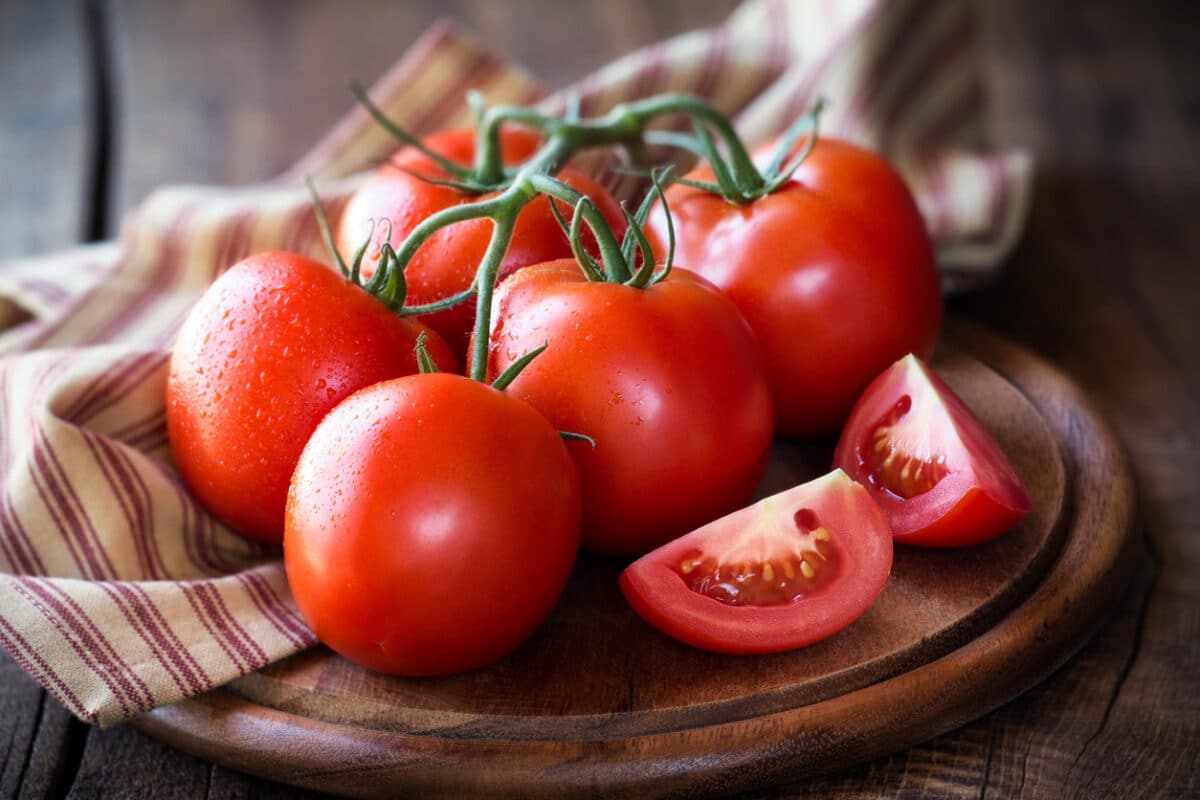
Tomatoes are another low-calorie food with a lot of health benefits. They are packed with water and fiber and contain important nutrients such as vitamin C, potassium, and the antioxidant lycopene, which is known for its heart-health benefits and its ability to protect against certain types of cancer.
A medium-sized tomato has about 22 calories, so you can eat them raw, roasted, or in salads without worrying about weight gain. Additionally, tomatoes can help add flavor to your meals, making your food more satisfying without the need for calorie-dense sauces or dressings.
5. Celery
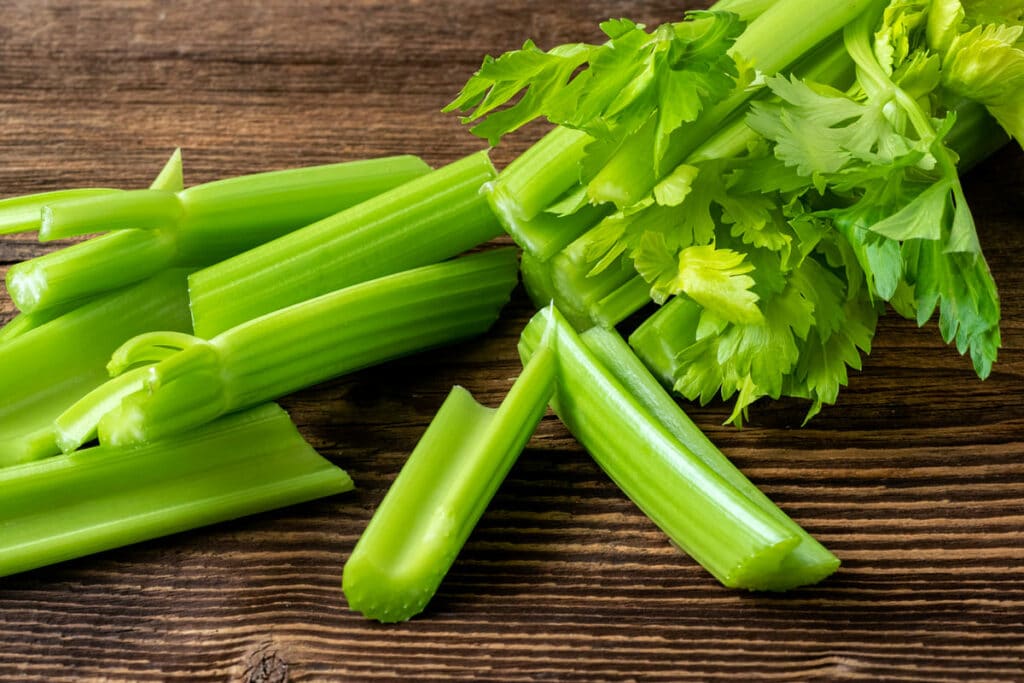
Often considered a “negative-calorie” food, celery is extremely low in calories and water content. A celery stalk contains only about 6 calories, making it a perfect snack for weight management.
Celery is also a good source of fiber, vitamin K, potassium, and folate. It’s great for digestion and can be paired with healthy dips like hummus or yogurt-based dips for added flavor. While it’s low in nutrients compared to other vegetables, it can still help you feel full and satisfied.
6. Berries
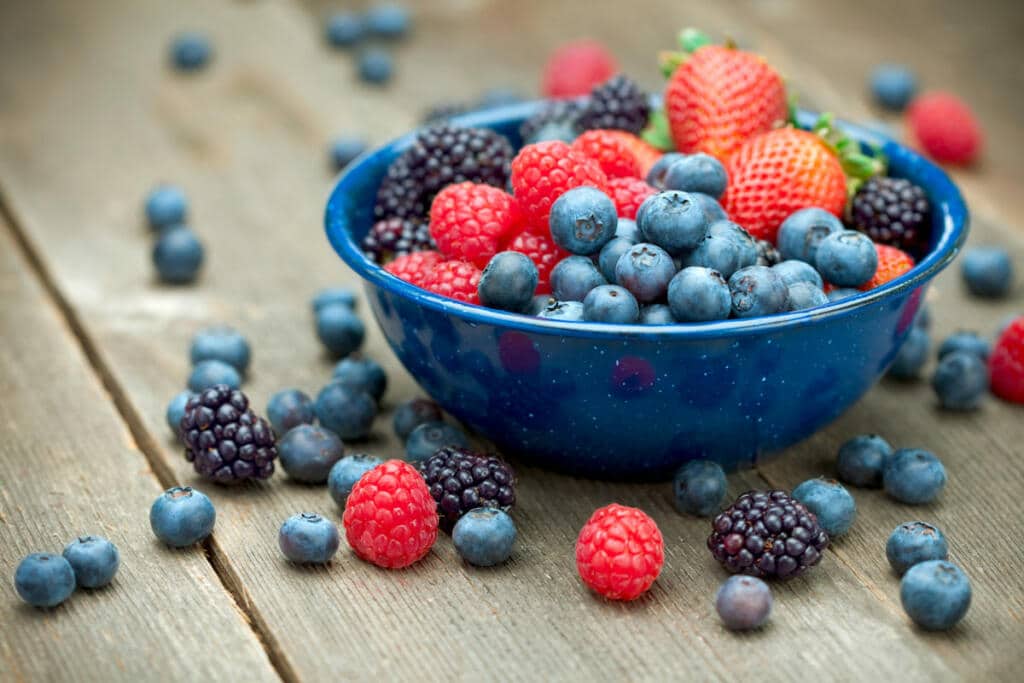
Berries such as strawberries, blueberries, raspberries, and blackberries are not only delicious but also low in calories and high in nutrients. They are rich in fiber, which slows digestion and promotes feelings of fullness.
Berries are also packed with antioxidants like anthocyanins, which have anti-inflammatory properties and support heart health. For example, a cup of strawberries contains just around 50 calories, making them an excellent snack, smoothie ingredient, or topping for yogurt or salads.
7. Watermelon
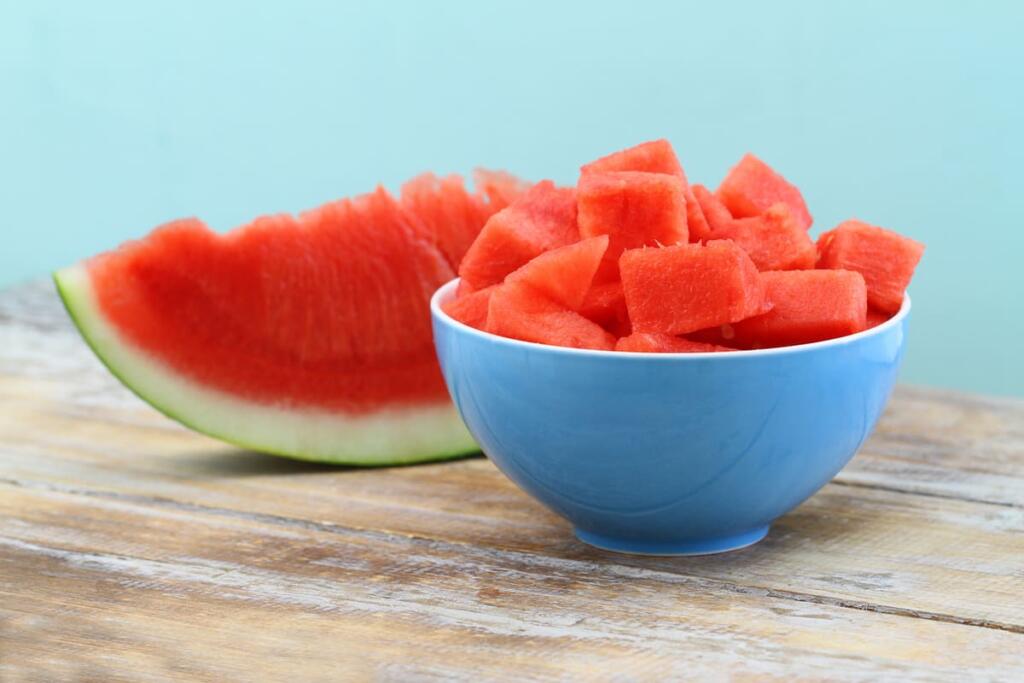
Watermelon is a fruit that is over 90% water, making it both hydrating and low in calories. A cup of watermelon contains about 46 calories and is a great option for a refreshing snack or dessert on a hot day.
Watermelon is also a good source of vitamins A and C, as well as the antioxidant lycopene, which has been linked to reduced risk of heart disease and certain cancers. Its natural sweetness can satisfy cravings for sugary treats without contributing significantly to your daily calorie intake.
8. Egg Whites

Egg whites are a fantastic low-calorie, high-protein food. One large egg white contains about 17 calories and 3.6 grams of protein. Protein is known for its ability to increase satiety, meaning you’ll feel fuller for longer after consuming it.
Egg whites are virtually fat-free and can be used in a variety of dishes, such as omelets, scrambles, or added to smoothies for an extra protein boost. While the yolk does contain healthy fats and important nutrients, if you’re focused on reducing calorie intake, sticking to egg whites can be a great strategy.
9. White Fish
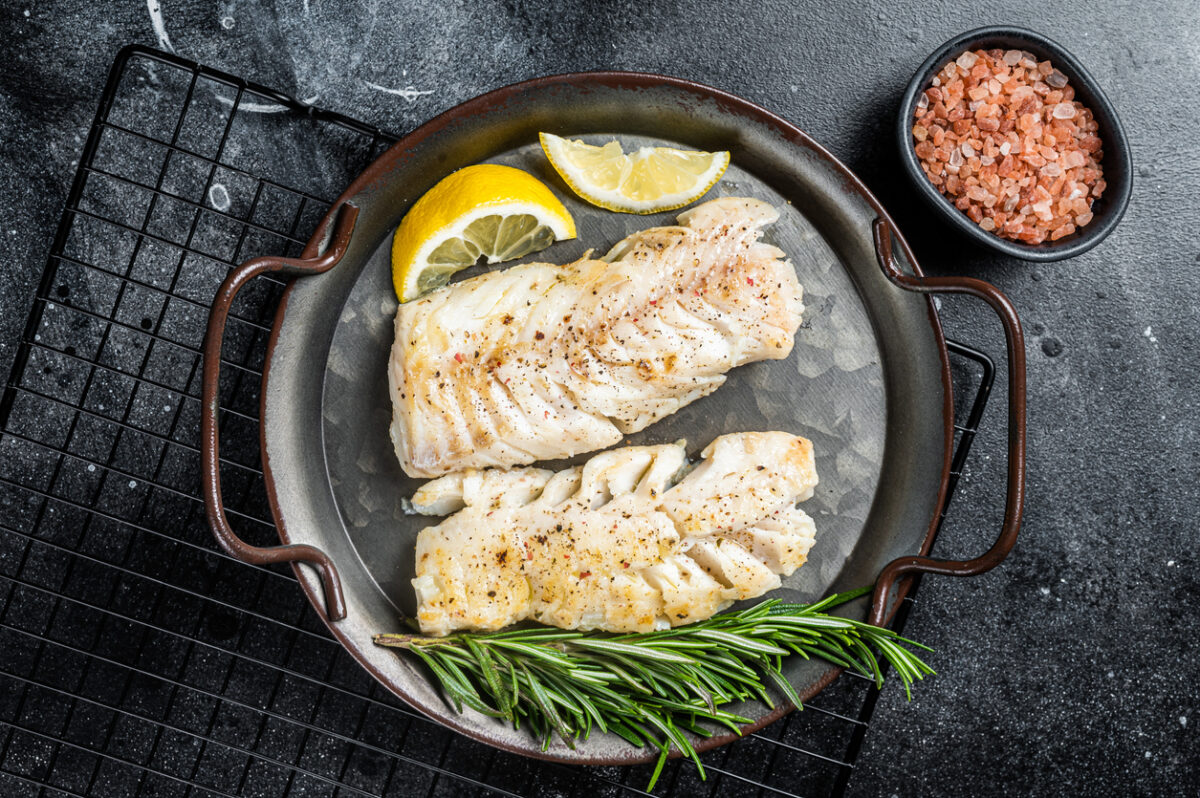
White fish like cod, haddock, and tilapia are low in fat and calories but high in protein. A 3-ounce serving of cod, for example, contains around 70-100 calories but provides about 15 grams of protein. Protein helps build muscle and promotes fullness, making it easier to stick to a calorie-controlled diet.
In addition, fish is a good source of essential nutrients like omega-3 fatty acids, vitamin D, and selenium. These nutrients contribute to brain and heart health, and their low-calorie profile makes white fish a perfect choice for those looking to avoid weight gain.
10. Popcorn (Air-Popped)
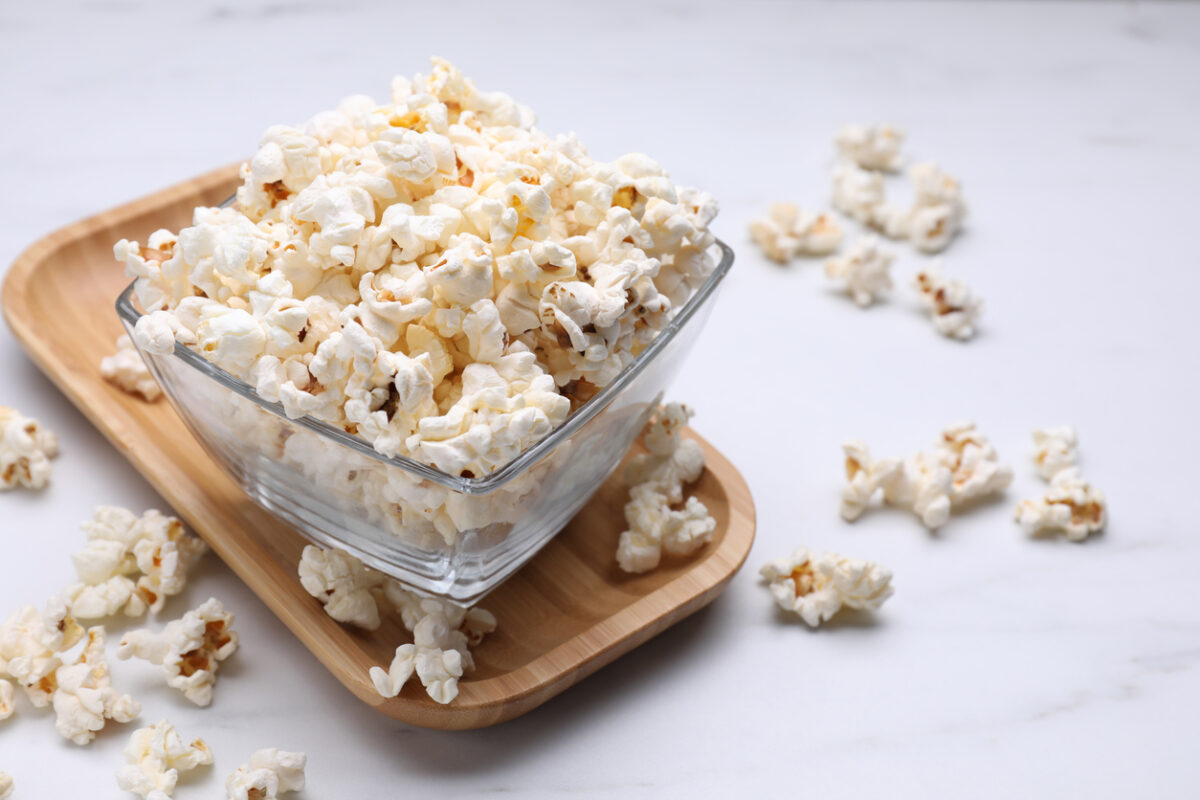
When made without oil or butter, air-popped popcorn is a low-calorie, fiber-rich snack. A 1-cup serving of air-popped popcorn contains just around 30 calories and 1.2 grams of fiber, which can help keep you full between meals.
Popcorn is a whole grain, and its fiber content makes it a healthier option than many processed snack foods. Just be sure to avoid adding excessive butter, salt, or oil, which can significantly increase the calorie count.
11. Zucchini
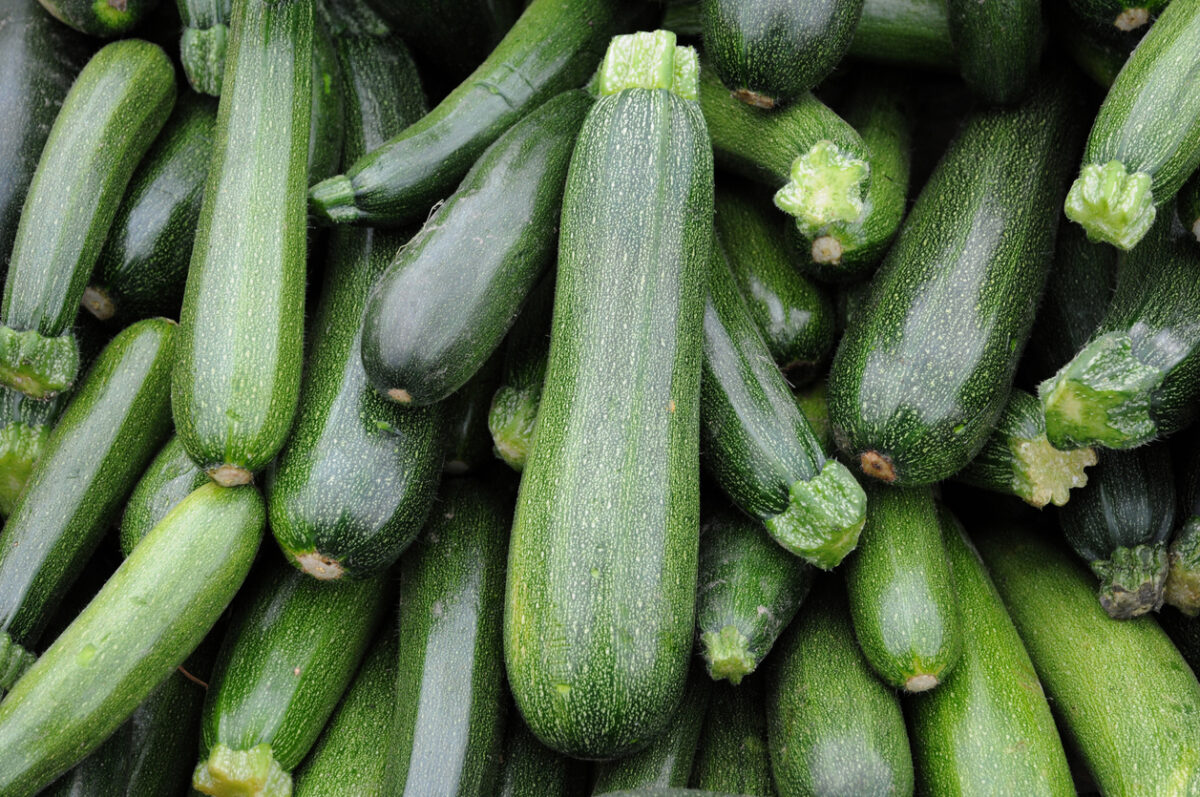
Zucchini is a versatile and low-calorie vegetable that’s perfect for weight-conscious individuals. A medium zucchini contains only about 33 calories, but it’s packed with fiber, water, and essential nutrients like vitamin A, vitamin C, and potassium. The fiber content in zucchini helps promote healthy digestion and keeps you feeling full longer, while its water content adds bulk to meals without adding calories.
Zucchini can be eaten raw in salads, roasted, or used as a pasta substitute (zoodles) for a low-carb, low-calorie alternative to traditional noodles. It’s an excellent way to add volume to your meals while keeping the calorie count down.
12. Radishes
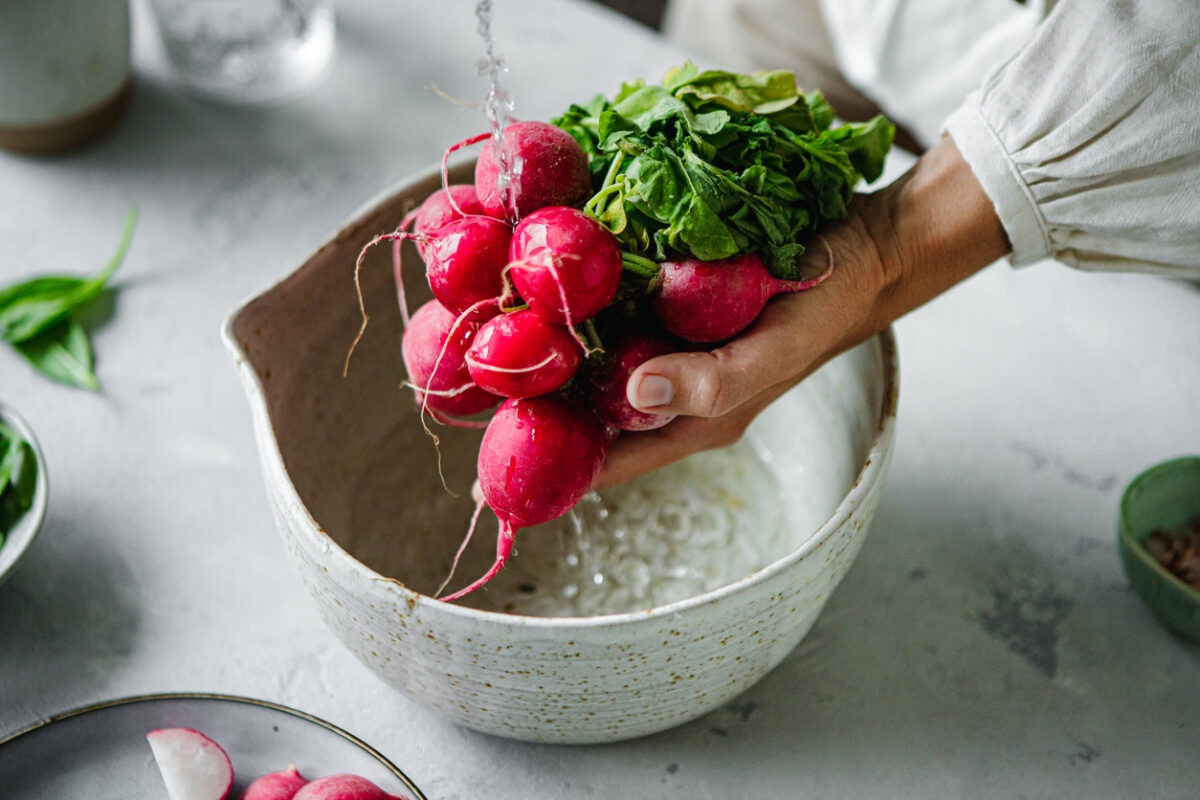
Radishes are crisp, refreshing, and incredibly low in calories, with a cup of sliced radishes containing only about 19 calories. They’re also rich in vitamin C, potassium, and fiber, making them a healthy addition to your diet.
Radishes are great for adding crunch and a slightly peppery flavor to salads, sandwiches, and dips. The fiber in radishes promotes digestive health and helps you feel satisfied without overeating. Plus, their high water content helps keep you hydrated, contributing to overall well-being without adding to your calorie intake.
13. Mushrooms
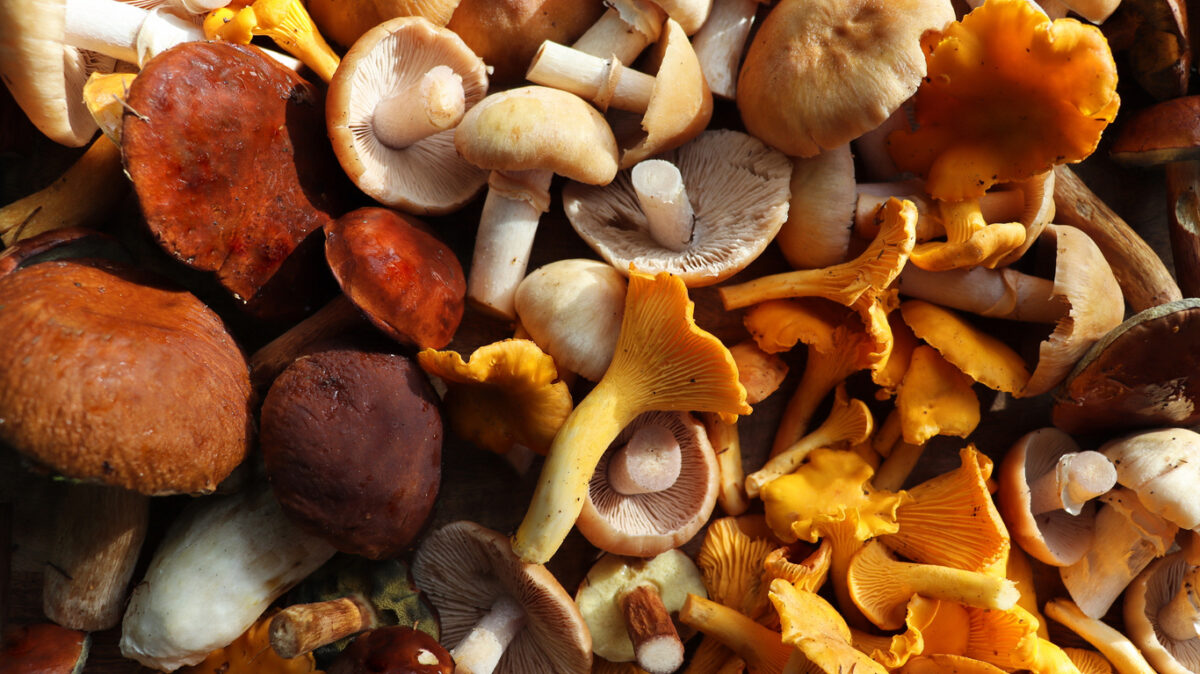
Mushrooms are another low-calorie food that can be enjoyed in generous portions without concern for weight gain. A cup of sliced mushrooms contains only around 15 calories. They are also a good source of B vitamins, selenium, and potassium. Their savory, umami flavor can enhance the taste of many dishes, making them a great meat substitute in some recipes.
Mushrooms are versatile and can be added to salads, stir-fries, omelets, or grilled as a standalone side dish. Their high water and fiber content help you feel full, making them an ideal food for weight management.
14. Grapefruit
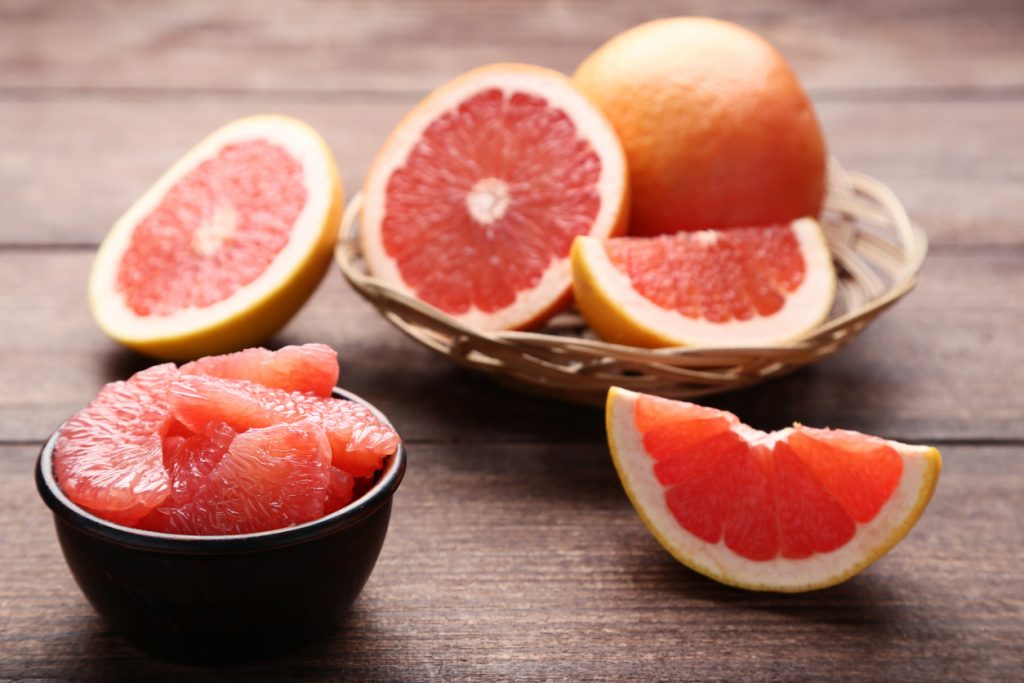
Grapefruit is well-known for its potential weight-loss benefits. Half a grapefruit contains around 52 calories and is rich in vitamins A and C, fiber, and antioxidants. Some studies suggest that eating grapefruit before meals can help reduce calorie intake and promote feelings of fullness, making it easier to manage weight.
The fruit’s high water content contributes to hydration and supports digestion, while its slightly tart flavor can be a refreshing snack or breakfast addition. Just be mindful of potential interactions with certain medications, such as statins, and consult your healthcare provider if necessary.
15. Carrots
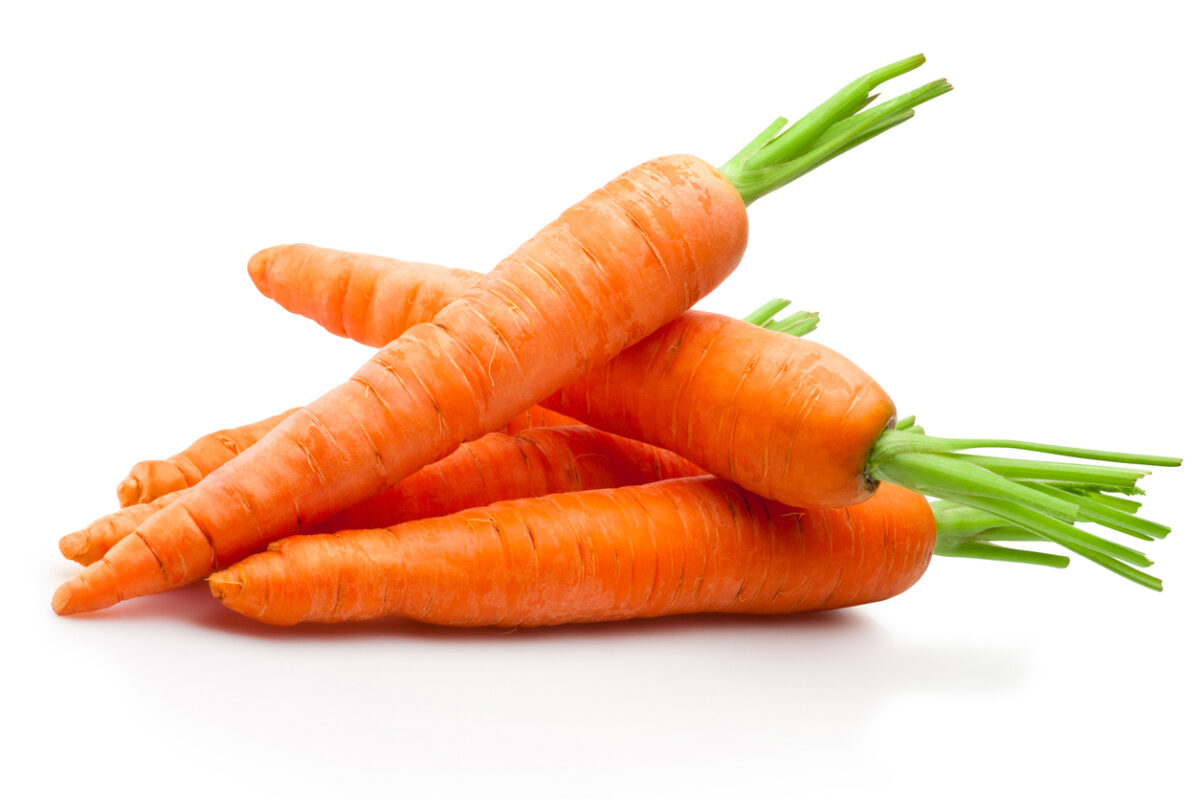
Carrots are an excellent snack for weight management due to their low-calorie content and high fiber levels. A cup of chopped carrots contains around 50 calories, and they’re rich in vitamin A (in the form of beta-carotene), which supports eye health and immune function.
The fiber in carrots helps regulate digestion and promotes satiety, making it easier to stick to a calorie-controlled diet. Whether eaten raw, roasted, or steamed, carrots make a healthy, crunchy addition to any meal or snack. Pair them with a protein-rich dip like hummus for an even more satisfying snack.
16. Green Beans
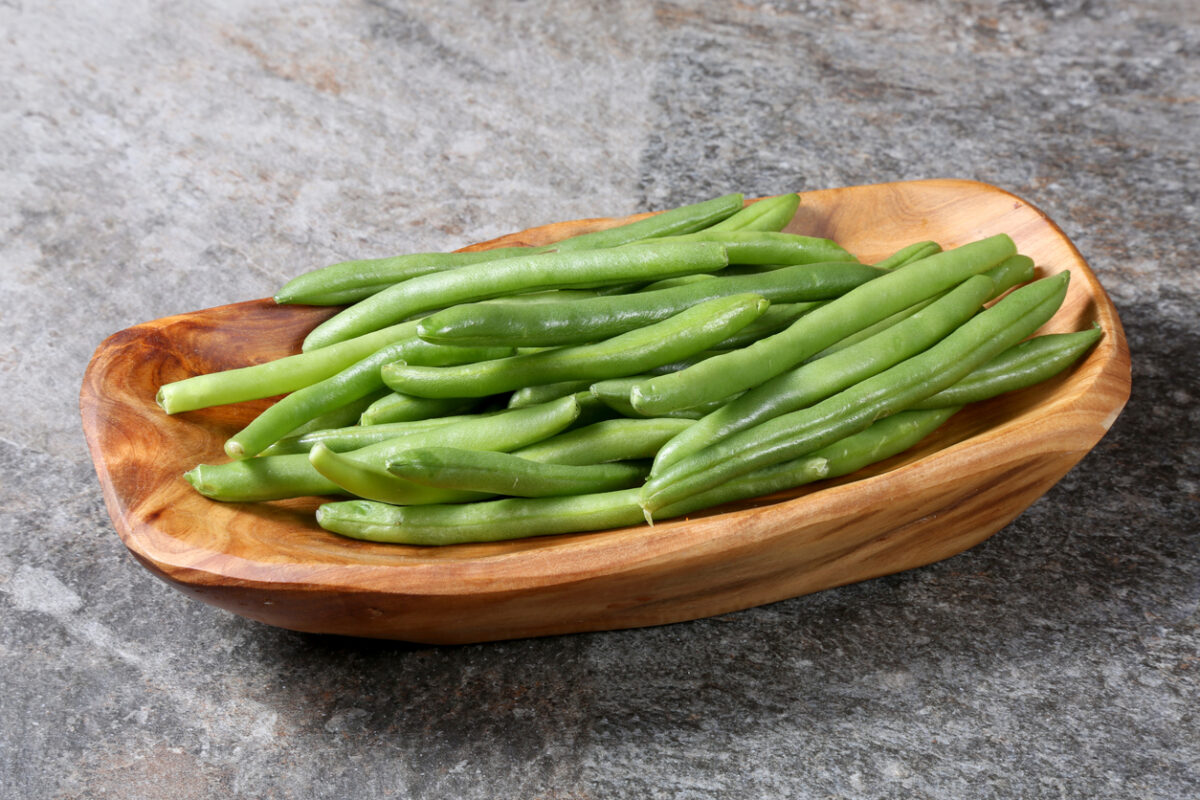
Green beans are a low-calorie vegetable with a satisfying crunch. A cup of cooked green beans contains around 44 calories, and they are rich in vitamins A, C, and K, as well as fiber and folate. The fiber in green beans aids digestion and helps you feel full, which can prevent overeating.
Green beans are versatile, and they can be steamed, sautéed, or added to soups and salads. They’re also a great side dish for lean proteins like chicken or fish, adding bulk to your meals without contributing significant calories.
Conclusion
Eating without gaining weight is possible when you choose foods that are naturally low in calories and high in nutrients, fiber, and water content. Leafy greens, cruciferous vegetables, fruits like berries and watermelon, lean proteins like white fish and egg whites, and healthy snacks like air-popped popcorn are all examples of foods that can keep you full and satisfied without contributing to weight gain.
Incorporating these foods into a balanced diet, while still keeping overall portion sizes and calorie intake in mind, will help you maintain a healthy weight while enjoying a variety of delicious, nutrient-packed foods.
Read Next:
Struggling To Lose Weight? There’s Help!

